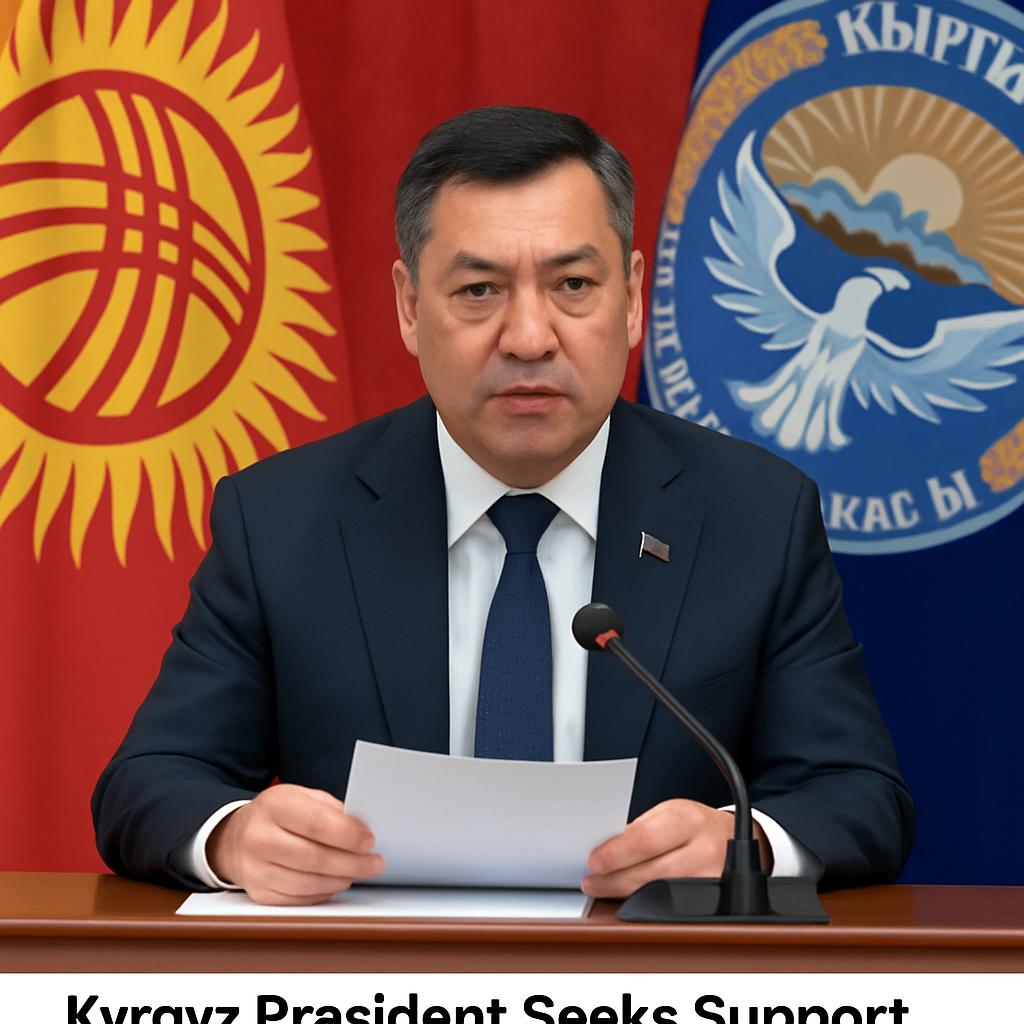In an unexpected diplomatic move, President Sadyr Japarov of Kyrgyzstan has formally requested assistance from the governments of the United States and the United Kingdom after the recent imposition of sanctions on several cryptocurrency platforms operating within Kyrgyz jurisdiction. The sanctions, announced last week by U.K. authorities, targeted a network of local digital asset trading venues accused of facilitating sanctions evasion by Russian entities following the Russia-Ukraine conflict.
According to official statements, the U.K. Treasury’s Office of Financial Sanctions Implementation (OFSI) designated three Kyrgyz crypto exchanges and two wallet providers, alleging that they processed hundreds of millions of dollars in transactions linked to sanctioned Russian individuals and firms. The sanctions included asset freezes, travel bans for executives, and prohibitions on U.K. persons conducting business with the designated entities.
President Japarov’s office released a letter addressed to President Joe Biden and Prime Minister Rishi Sunak, expressing concern that the sanctions were imposed without prior consultation with Bishkek and have harmed Kyrgyz nationals who use these services for legitimate cross-border remittances. The letter emphasized Kyrgyzstan’s intention to enhance its own regulatory oversight of digital assets, including mandatory KYC/AML checks, transaction reporting, and cooperation with international financial intelligence units.
In the appeal, the Kyrgyz president offered to collaborate with U.S. and U.K. authorities on the development of best practices for blockchain analytics, sanctions screening integration, and joint investigative frameworks. He proposed the formation of a trilateral task force to analyze suspicious activity reports and to coordinate legal and technical assistance aimed at distinguishing illicit flows from lawful crypto remittances essential to the Kyrgyz economy.
The request marks a notable shift in Kyrgyzstan’s approach to digital currency oversight. Until now, the country had largely maintained a permissive stance, attracting local Bitcoin ATM operators and peer-to-peer trading platforms. Financial analysts believe that greater cooperation with Western regulators could facilitate Kyrgyzstan’s ambitions to position itself as a compliant crypto hub, especially in the context of China’s Digital Yuan pilot projects in Central Asia.
Both the White House and the U.K. Treasury have not yet responded to the appeal. Observers note that Kyrgyzstan’s move may set a precedent for other emerging economies seeking to balance the benefits of digital asset innovation against the risks of becoming inadvertently entangled in geopolitical sanctions regimes.

Comments (0)